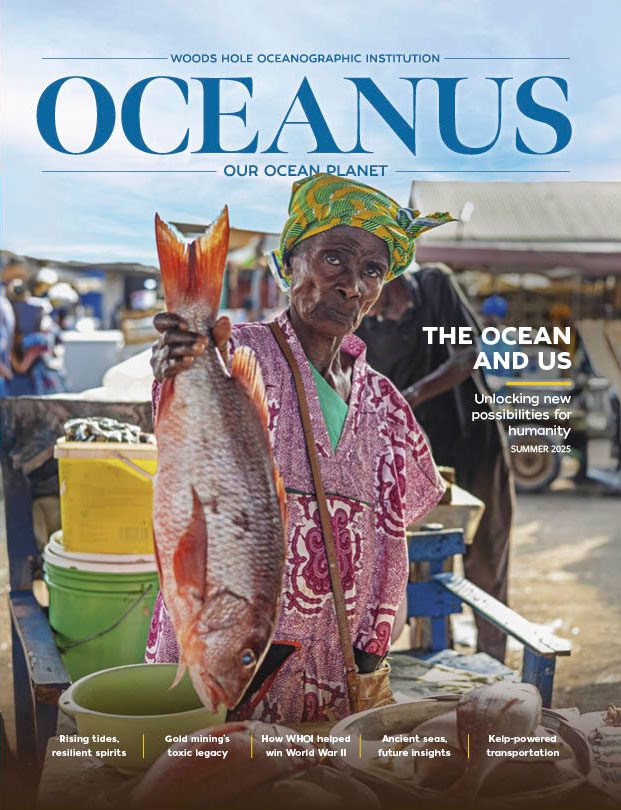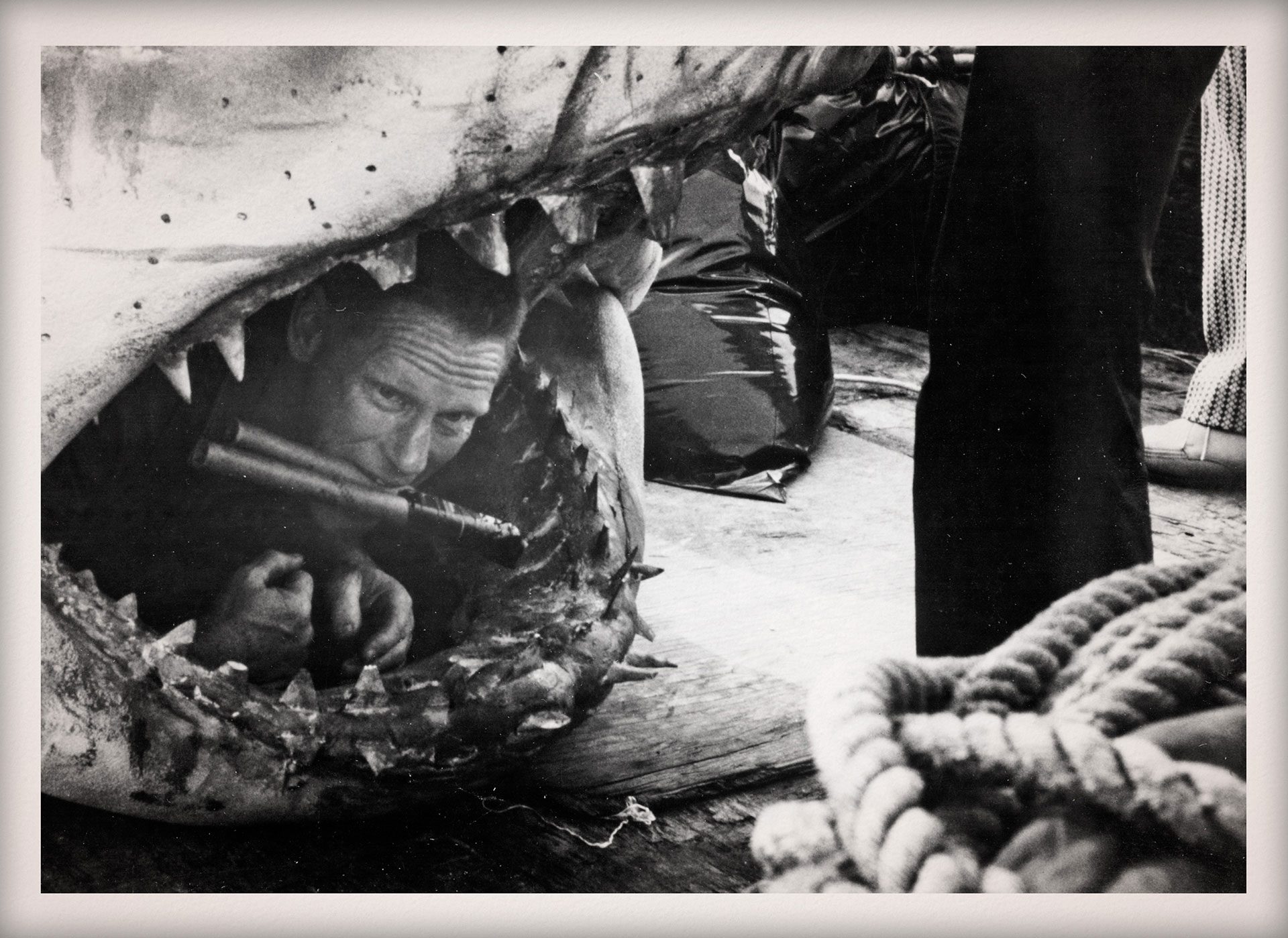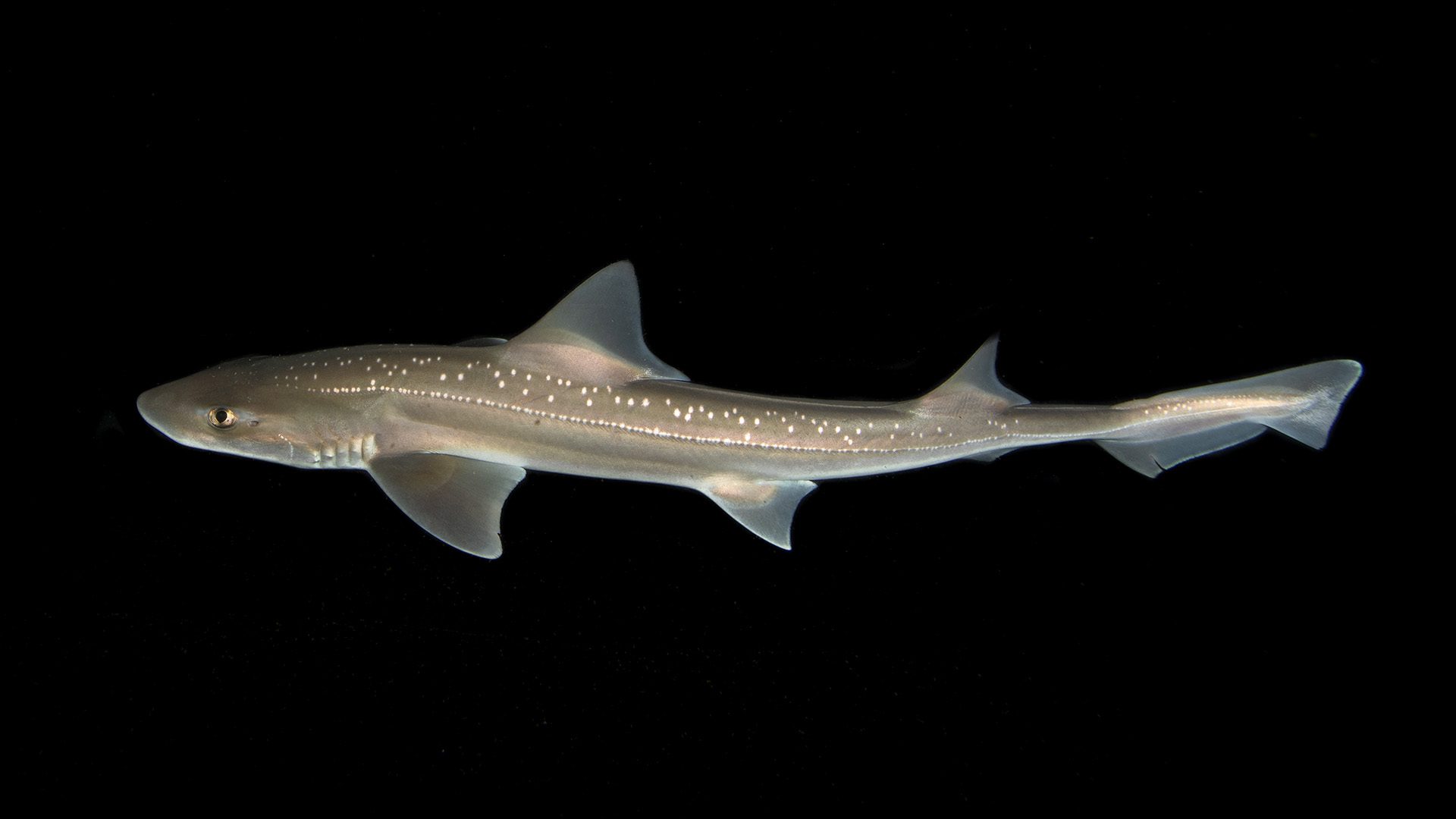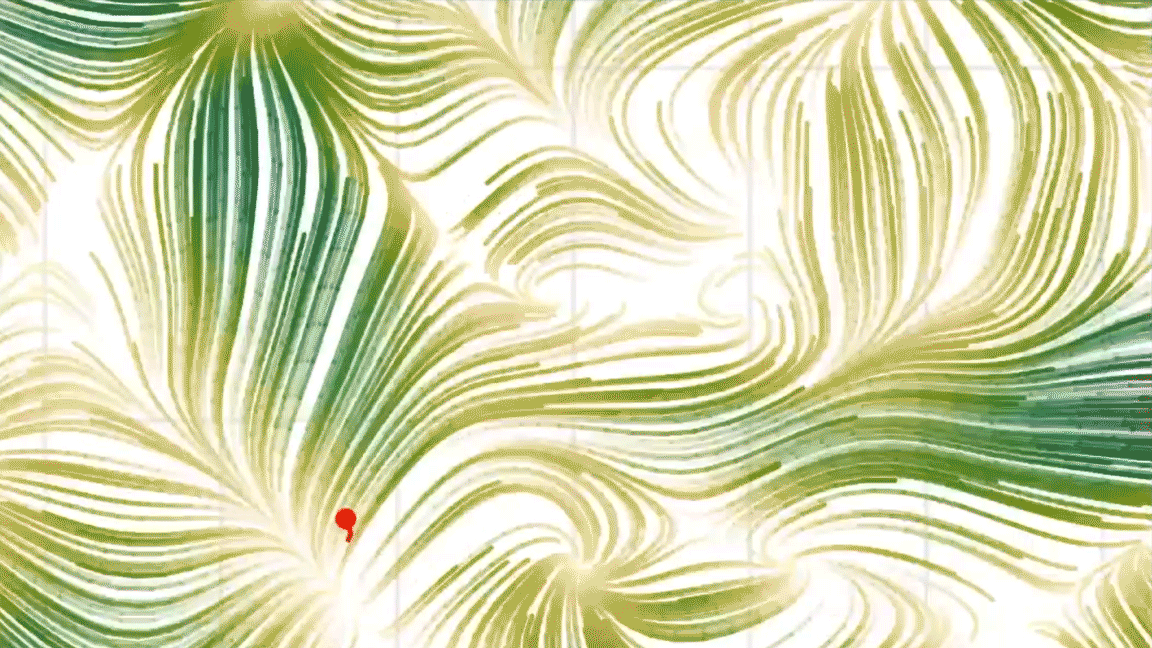Jaida Elcock: diversity is essential–in the marine ecosystem and in science
MIT-WHOI Joint Program student Jaida Elcock always knew she was going to work with sharks. Oceanus caught up with her to find out more about why sharks—and representation—matter.
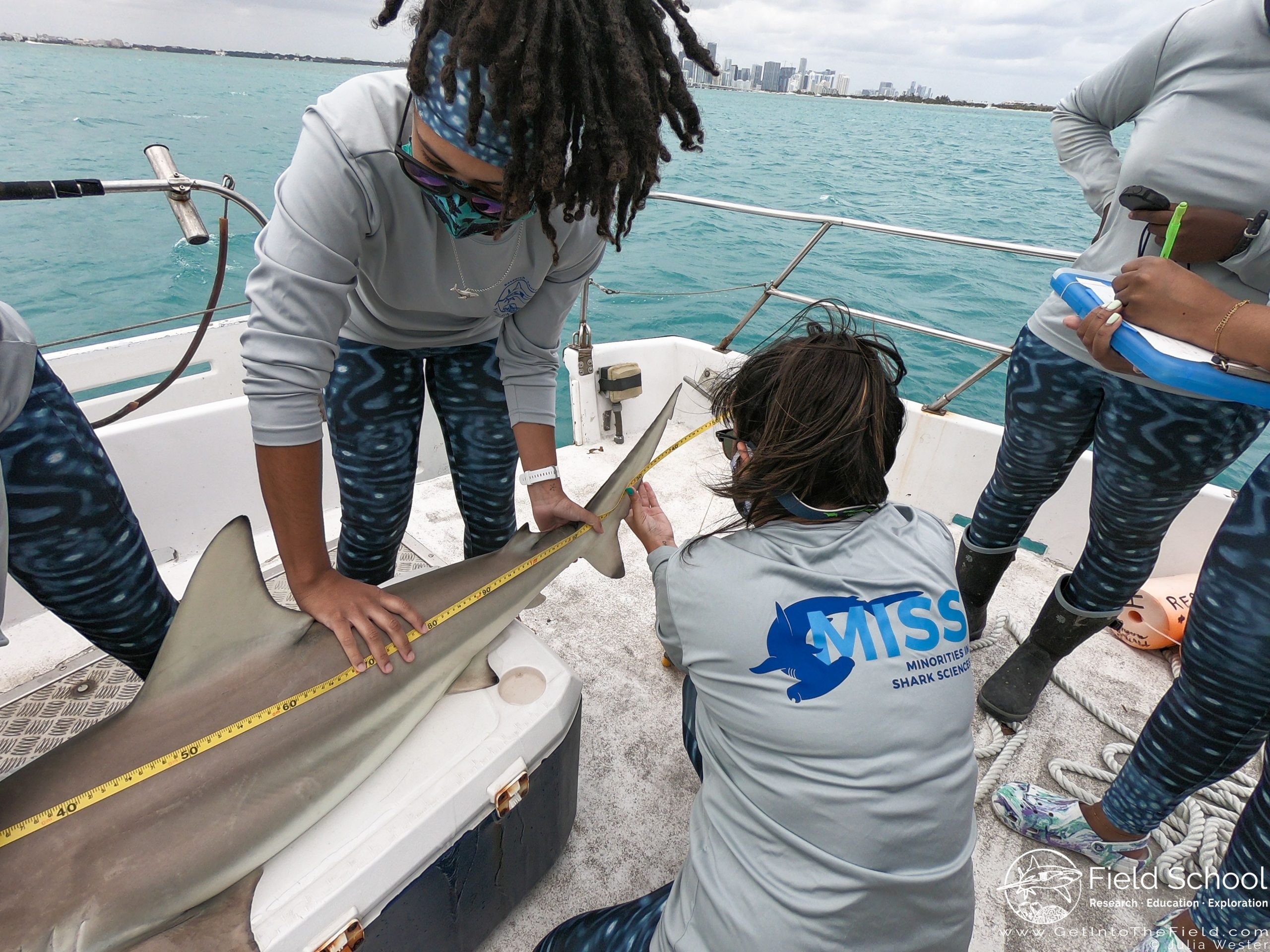
Estimated reading time: 5 minutes
Aida Elcock always knew she'd work with sharks. Growing up in the suburbs of Chicago and Phoenix, she had to make do with snakes and scorpions as a child, but found her path to marine science in college. While working as a fish biologist at Howard University at the start of the pandemic, she attracted thousands of followers on TikTok and Twitter @soFISHtication for her lighthearted videos about marine animals. In 2020, Elcock co-founded a non-profit, Minorities in Shark Science (MISS), which aims to expand opportunities in the field for women of color with research experiences, mentorships, and curriculum resources.
Now enrolled in the MIT-WHOI Joint Program, Elcock is part of the Marine Predators Group, working with WHOI marine ecologist Camrin Braun. Oceanus caught up with her on a break between classes and recording videos for BBC Earth to find out more about why sharks—and representation—matter.
Oceanus: What’s so compelling about sharks? How are you studying them here at WHOI?
Jaida: My interest in sharks is kind of like when you see a stranger and you wonder about their life, how they exist in the world, what they had for dinner. I have the same questions about sharks. How are they existing in their environment? They're top predators. If we understand why they're using the mesopelagic or twilight zone, we'll know more about the marine food chain. We can use sharks as a means to get a glimpse into this mysterious part of the ocean.
Over the summer, I got to do some work with whale sharks in the Northeast Canyons, about 100 miles off of Cape Cod. It was the coolest thing ever- the Canyons are so alive and gorgeous. We tagged the whale sharks with satellite and bio-logger tags that gave us really fine-scale data that will help us look into their behavior. There's a ton of species we want to work with, including commercially important fish like tuna and billfish, as well as endangered species.
Oceanus: That sounds amazing–and we got to see some of it on Twitter! Why do you think it’s important to share your research through social media?
Jaida: I share everything, even my own personal stuff. Which I think is also important for people to see-we "scientists" don't know everything. I'm a young woman, and I'm a research scientist. I'm a human being, and I like to have fun as well. I want to make the science feel more personal. It's not just something in a dense article with tons of jargon that doesn't make much sense.
The other level of it is that representation matters. I grew up watching Animal Planet and saw people like Steve Irwin and Jeff Corwin. I looked up to these people because they are amazing conservationists, but they are white dudes. And it's frustrating to not see yourself in the roles you hope to fill one day. I jumped into this field anyway, but it's not easy for everyone to put themselves out there like that. They need to see themselves represented to feel like they belong in that space. There are so many people of color, women, and gender minorities in science that are doing great work but aren't getting represented, so it's extra important to show us doing science in a fun, engaging way.
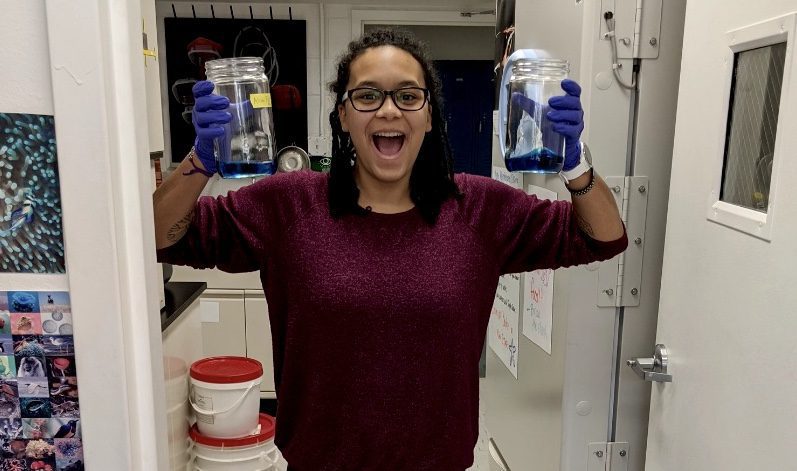
Jaida Elcock shows off fetal shark samples used to study shark morphology in the lab at Howard University, Washington, D.C. (Courtesy Jaida Elcock)
Oceanus: What led you to co-found Minorities in Shark Science?
Jaida: With all the civil unrest in the spring of 2020, the hashtag #Blackinnature arose. There's this huge stereotype that Black people aren't interested in science or nature. I had been chatting over Twitter with Amani Webber-Schultz, Carlee Jackson, and Jasmin Graham and we joked that we should start a club for Black women in shark science. It very quickly became more than just a joke or a dream and we decided to make it a reality. In the heat of everything, people needed to hear some good news and we wanted to help that. We launched MISS on Juneteenth 2020. From there, we just expanded to what we are now. I'm thrilled to work with such amazing women of color-and create a supportive space for gender minorities in this field.
Oceanus: How does MISS support emerging scientists of color?
Jaida: Two weekends a year, we bring participants to Miami for three-day MISS workshops. We've partnered with the Field School to teach how to longline and drumline, work up a shark, and get these women some experience with a shark, likely for the first time. We also have internships with Bimini Biological Research Station and Oceans Research in South Africa. We also provide career development webinars once a month, networking and social events, and shark-related curriculum that is free for anyone to use.
A lot of people haven't had opportunities to get research experience because of financial and social barriers. That's something MISS is trying to combat-all our internships are fully paid or funded. We and our partners pay for food, travel, housing, and gear. A lot of times, when you're an undergrad, you're expected to pay for experience or do an unpaid internship. Not everyone can afford to do that. Of course these things are typically affecting people from struggling socioeconomic backgrounds, and historically those are people of color because of systemic racism. Lack of experience does not mean we don't have the merit, intelligence, or drive to kick-start our careers, it just means we haven't been given the same opportunities. It's hard to see people who can't pursue their passion because they can't afford it, so MISS wants to help people in that position.
Oceanus: Why is it so essential to support diversity in science?
Jaida: Without support, it's easy to feel like you don't belong, and eventually sometimes people give up. I don't want that to happen to anybody, but especially women, gender minorities, and people of color. Support is so necessary because it'll help with retention of these important minority voices in the field.
Diversity in people, backgrounds, and experiences, leads to innovation and exploration. If you only have one type of person in a field, you're not getting every perspective. If they're white, wealthy, and went to an Ivy League school, they're likely going to have had similar experiences and therefore likely a similar way of approaching things. If you've had drastically different experiences, such as being low-income and experiencing racism and sexism, you might have different questions and different ways of approaching an issue. That's what's going to propel science forward.
Oceanus: Do you have any advice for high school students of color today?
Jaida: I'd say, "Go for it!" Try out all the things you're potentially interested in. If you don't see representation of yourself yet, just know it's coming and you can be that representation if you want to be. You're not alone. It can be hard to find connections, but you will find them. Search for people like you and you'll be successful.
